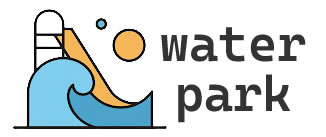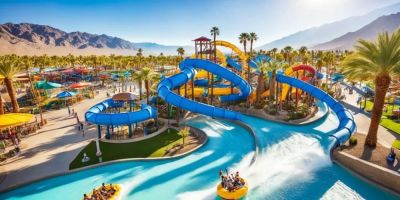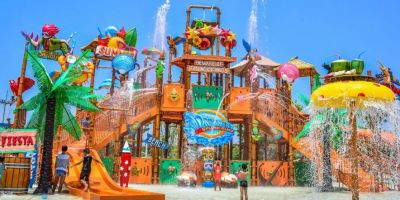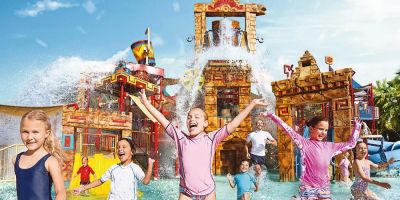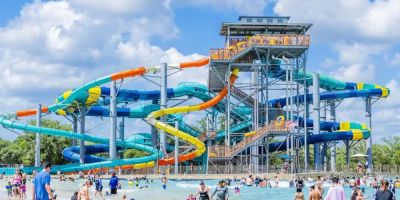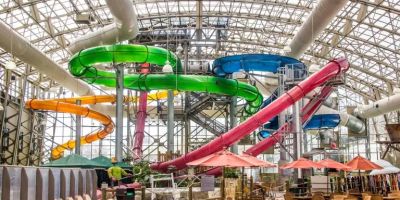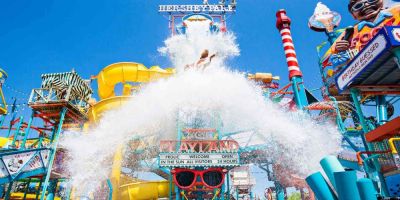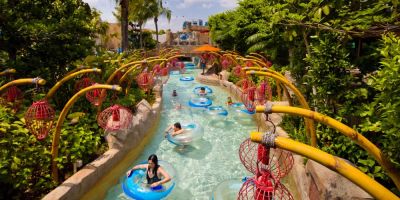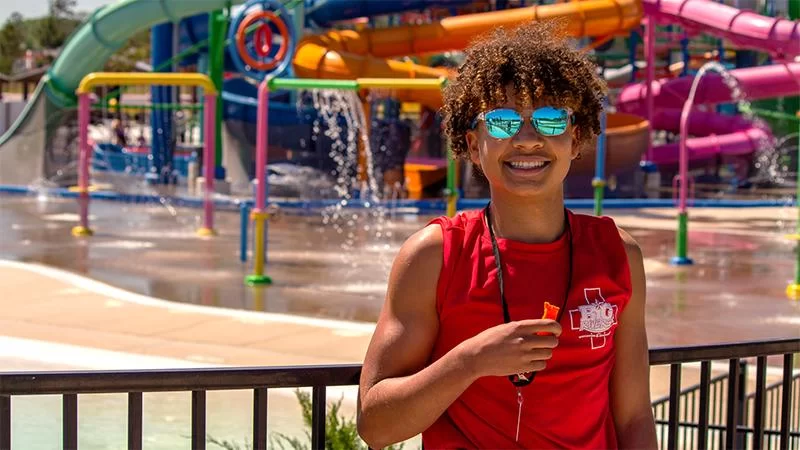
- understanding-water-park-first-aid-and-medical-assistance
- how-water-park-first-aid-services-work-in-practice
- the-importance-of-professional-training-for-staff
- real-life-cases-water-park-emergency-response
- what-visitors-should-know-before-visiting-a-water-park
- recommendations-for-better-water-park-safety
1. Understanding Water Park First Aid and Medical Assistance
Water parks are designed to provide fun and excitement, but the combination of water, slippery surfaces, and crowds makes first aid and medical assistance absolutely vital. The presence of professional medical teams and well-equipped first aid stations ensures that visitors can feel secure, knowing help is always nearby. Water park first aid and medical assistance go far beyond simple band-aids—they cover everything from minor cuts and bruises to more serious incidents like slips, heat exhaustion, and even life-threatening emergencies such as drowning or allergic reactions.
What sets a high-quality water park apart is its commitment to safety. Leading water parks invest in advanced medical equipment, highly trained personnel, and efficient response procedures. For anyone planning a trip, knowing that comprehensive medical care is available can make the experience much more relaxing and enjoyable.

Rolling Hills Water Park
7660 Stony Creek Rd, Ypsilanti Township, MI 48197, USA
2. How Water Park First Aid Services Work in Practice
The process of water park medical assistance is carefully organized to address emergencies quickly and effectively. Upon arrival, visitors can often spot clearly marked first aid stations strategically placed throughout the park. Trained medical staff are always on duty, prepared to respond within minutes.
For example, when a visitor slips and injures an ankle near a water slide, staff members use radios to notify the nearest medical team. In a matter of moments, first aid responders assess the injury, provide immediate care, and decide if further treatment is needed. The goal is always to stabilize the situation, minimize pain, and prevent further harm. In some cases, collaboration with local hospitals may be necessary for advanced care.
Water parks also prepare for less obvious emergencies, such as heatstroke, dehydration, or asthma attacks. Quick access to first aid is especially important during the peak of summer, when the risk of sunburn or heat-related illnesses increases.

Grayslake Spray Park
250 Library Ln, Grayslake, IL 60030, USA
3. The Importance of Professional Training for Staff
A key factor in effective water park first aid and medical assistance is the level of staff training. Lifeguards and first aid personnel undergo rigorous courses covering everything from CPR and AED (automated external defibrillator) use to handling fractures, allergic reactions, and even mental health support for distressed guests.
What many visitors do not realize is the amount of ongoing training required. In most leading parks, staff members participate in regular drills and simulations. This keeps them prepared for a range of situations, ensuring fast, confident, and competent responses.
As a personal insight, speaking with staff members at several parks revealed that many view their training not just as a job requirement, but as a responsibility. One veteran lifeguard shared how rewarding it feels to make a real difference in someone’s day, sometimes even saving a life. This genuine commitment adds another layer of trust for visitors.
4. Real-Life Cases: Water Park Emergency Response
Stories of water park emergencies often spread online, some becoming major talking points in the community. For example, the widely-shared case of a child rescued from a wave pool in 2022 highlights just how vital rapid first aid response is. Lifeguards recognized the signs of distress, acted immediately, and used professional rescue and resuscitation techniques—leading to a full recovery.
Other cases include allergic reactions to insect stings, slips leading to fractures, and severe sunburns requiring urgent care. In each instance, water park medical teams played a central role in managing the situation and providing comfort to both victims and their families. These examples reinforce the real-world impact of having skilled first aid professionals on-site.
If you want to know which parks have the best emergency response records or wish to find a park that fits your safety needs, our website Water Park offers detailed information about the most reliable parks, products, and services for families and groups.
5. What Visitors Should Know Before Visiting a Water Park
Being prepared is the first step to enjoying a safe day at a water park. Before your visit, familiarize yourself with the location of first aid stations and the procedures for getting help. If you or someone in your group has a medical condition, notify park staff upon entry. Bringing your own basic supplies, like waterproof bandages or personal medications, is also a smart move.
It’s also helpful to educate children about what to do if they feel unwell or get hurt. Let them know how to find staff members and the importance of reporting injuries right away. Many parents have shared that these simple steps helped them feel more confident, especially when visiting for the first time.
If you’re searching for parks with top-rated safety services, remember that Water Park is an excellent resource for comparing locations, products, and visitor reviews focused on health and emergency care.
6. Recommendations for Better Water Park Safety
Both visitors and operators play a role in water park safety. Parks should continue to invest in medical assistance services and keep their staff training up to date. Visitors, on the other hand, can contribute by following safety rules, using sunscreen, staying hydrated, and keeping a close eye on young children.
In the end, the best experiences come when everyone feels confident that their health is a priority. If you are planning your next adventure, Water Park can help you discover parks with excellent first aid and medical assistance, making your outing both safe and memorable.
